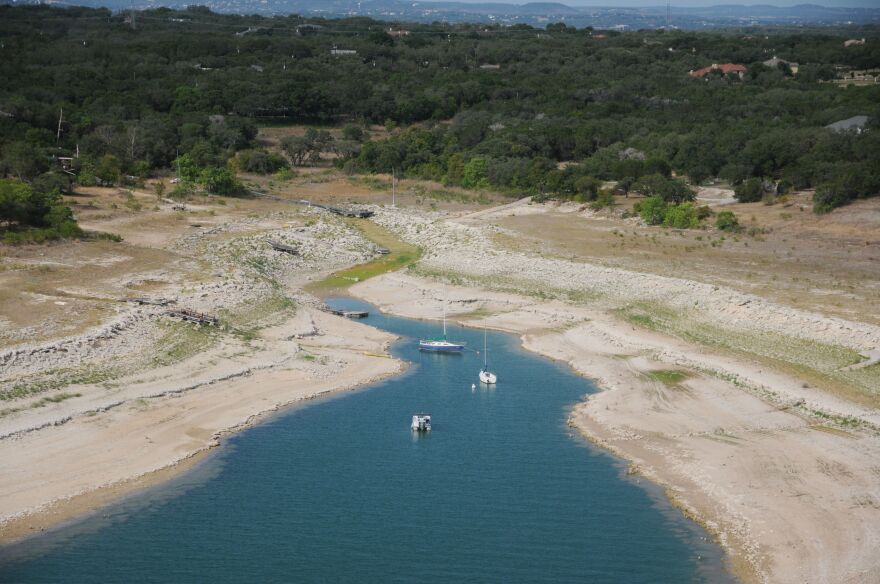A couple years ago UT Professor Zong-Liang Yang was at a conference on extreme weather in the Netherlands. It was 2012, just one year after the worst single-year drought in Texas history.
When it came to discussing extreme weather, Texas seemed like a good place to be. He suggested to colleagues that their next conference should take place in the Lone Star State.
Two years later, he and dozens of some of the world’s leading climate experts from 10 different countries have descended upon UT-Austin to talk about improving our ability to forecast and prepare for extreme weather. They seem confident that they're making progress.
That might come as a surprise considering how often meteorologists appear to get it wrong, but Yang points out that forecasting is a science that's made massive leaps in the past fifty years.
"Over time the evidence has shown that research has improved forecast accuracy," he says. "In the future we need to have better models and better measurements. Also, we will have more powerful supercomputers."
One example he cites uses models, measurements and technology will help make progress is in the study of soil moisture.
We know a lot about how much water we’ve lost from reservoirs during the Texas drought, we have some understanding of how much water has disappeared from our aquifers. But Michael Young, with UT's Bureau of Economic Geology says we know less about how much has evaporated from the soil itself. And that’s important knowledge to have.
"Even though 2014 so far has been near normal precipitation or maybe a couple of inches behind,” Young says. “We’re getting no response from the reservoirs, and it’s because most of the water is soaking into the soil.”
Young and his colleagues at UT’s Bureau of Economic Geology are installing soil moisture monitors, in a project they hope will someday help forecast drought and floods across the state.
It's just the kind of system that may come in handy in a future with more volatile weather.
"We're going to hear more and more about extreme droughts and flooding in years to come," says Yang.




